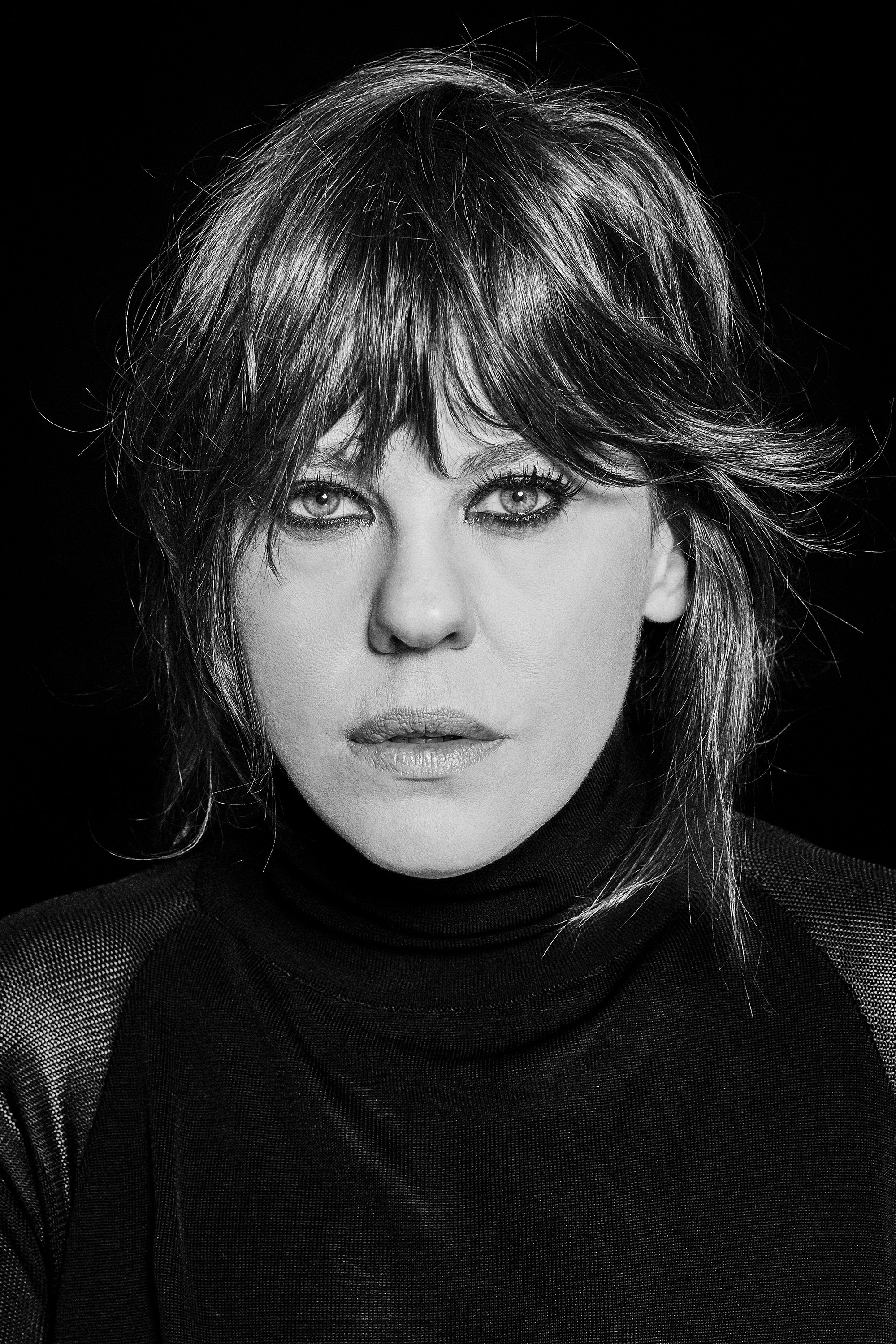
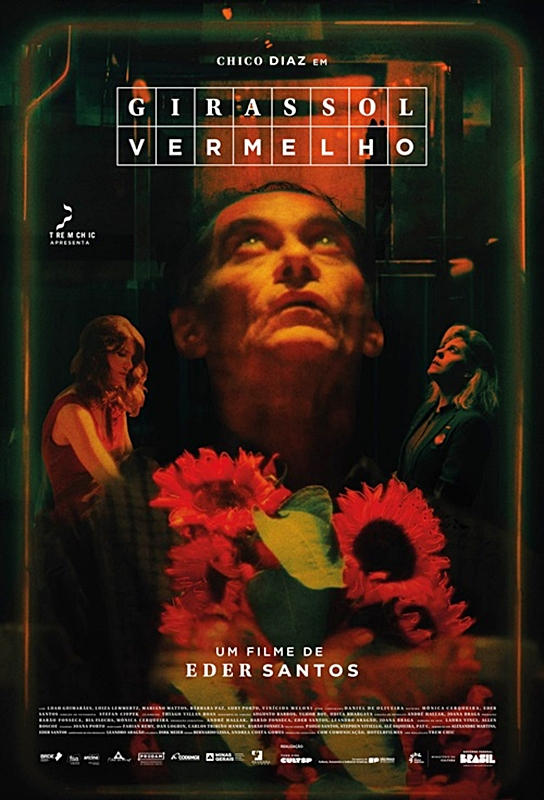
Girassol Vermelho is a film inspired by Murilo Rubião, a master of Brazilian magical realism, about the journey of Romeu, a man who leaves his past behind in search of freedom. By chance, he arrives in a strange city where an oppressive and pathetic system, which does not allow for questioning, drags him into a series of interrogations and tortures. In this absurd world, Romeo realizes that he has lost his greatest value: freedom. Full of pain and fury, Romeu, delirious, embarks on a new and even stranger journey.
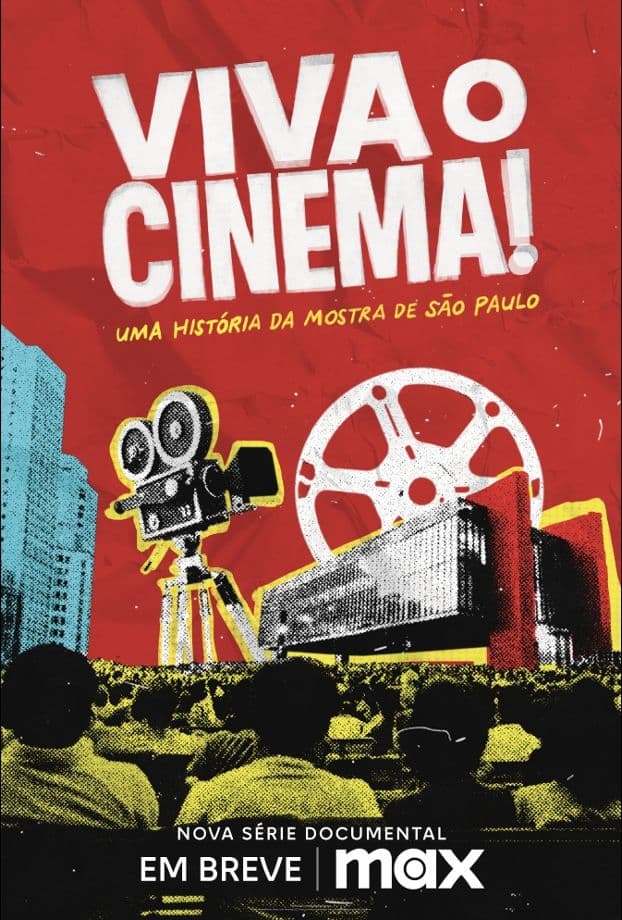
The series tells the story of the São Paulo International Film Festival, one of the most traditional cultural events in Latin America. For 48 years, the festival has showcased hundreds of films from all over the world, bringing vibrancy to the city. Filmmaker Marina Person provides an irreverent perspective, highlighting the exciting and unusual stories that have marked the festival’s journey of resistance. The series reveals the individuals who have embraced the challenge of organizing this significant cultural event in Brazil every year, despite often challenging conditions. We also delves into how the Mostra has grown to become one of the main festivals globally, shedding light on the changes in cinema, Brazil, and the world over the years.
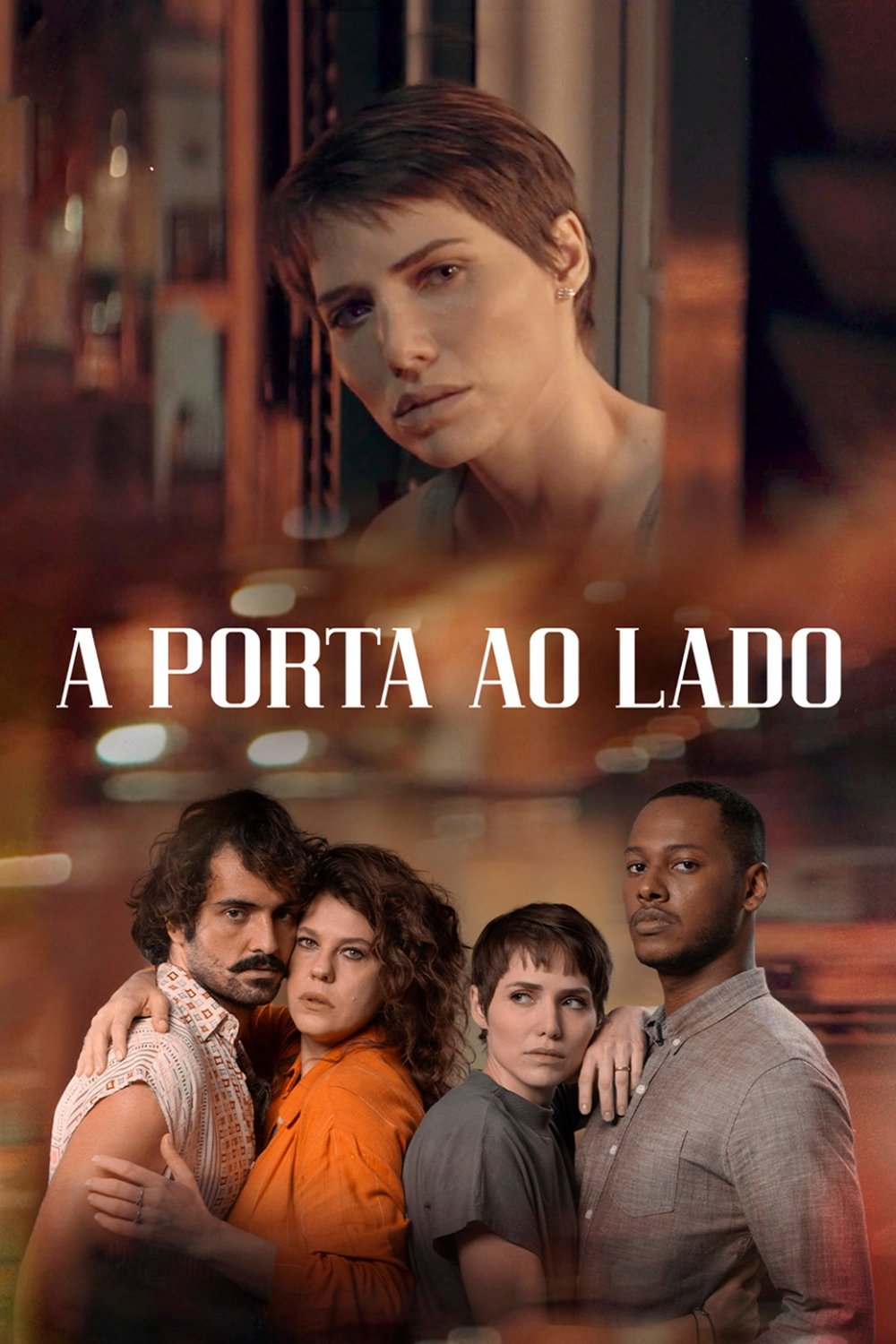
Everything seems to be going well in the stable relationship between Mari and Rafa, until Isis and Fred move into the apartment next door. The new neighbors make no secret of the fact that they are in an open relationship.
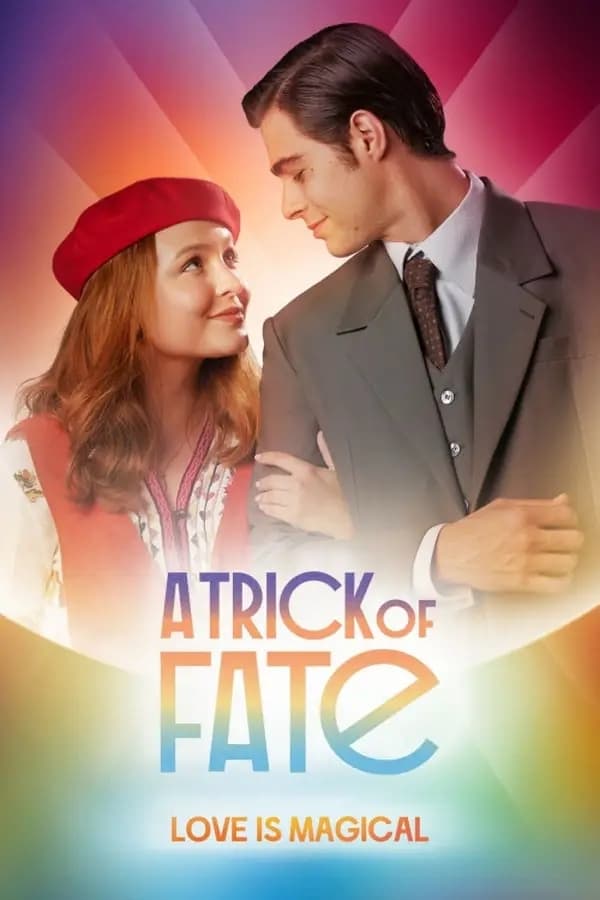
After spending ten years wrongfully imprisoned for the death of his girlfriend Elisa, the illusionist Davi returns to the farm that belongs to his girlfriend’s family under another identity and discovers that her younger sister, Isadora, has become exactly like Elisa. The two fall madly in love, but they will have to fight against nasty Joaquim and other external factors that threaten this great passion.
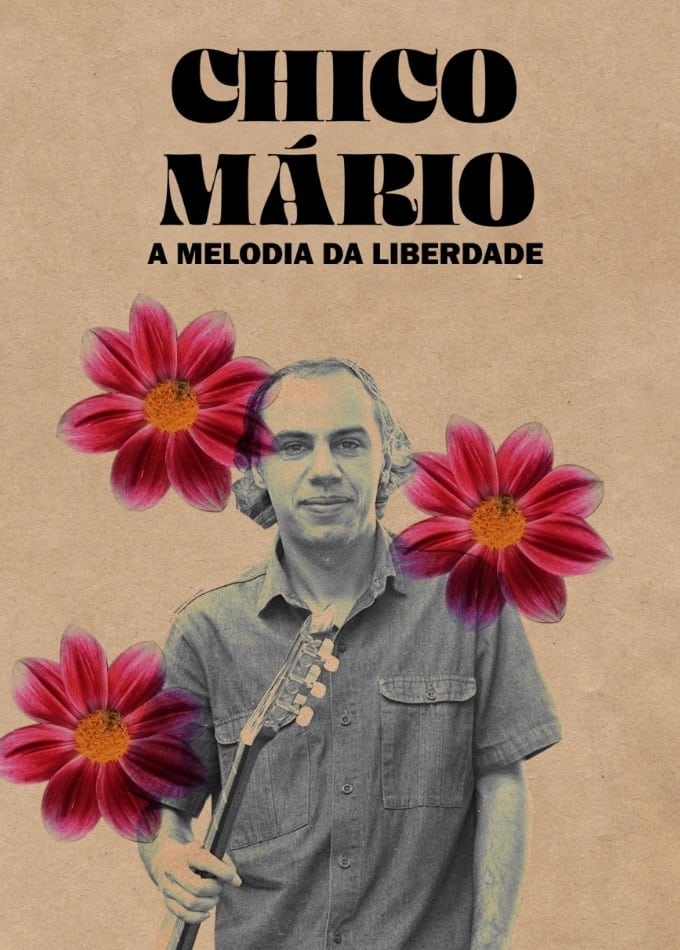
Younger brother of Henfil and Betinho, Chico Mário became a great guitarist and discovered in music his way of expressing himself and looking at the world.
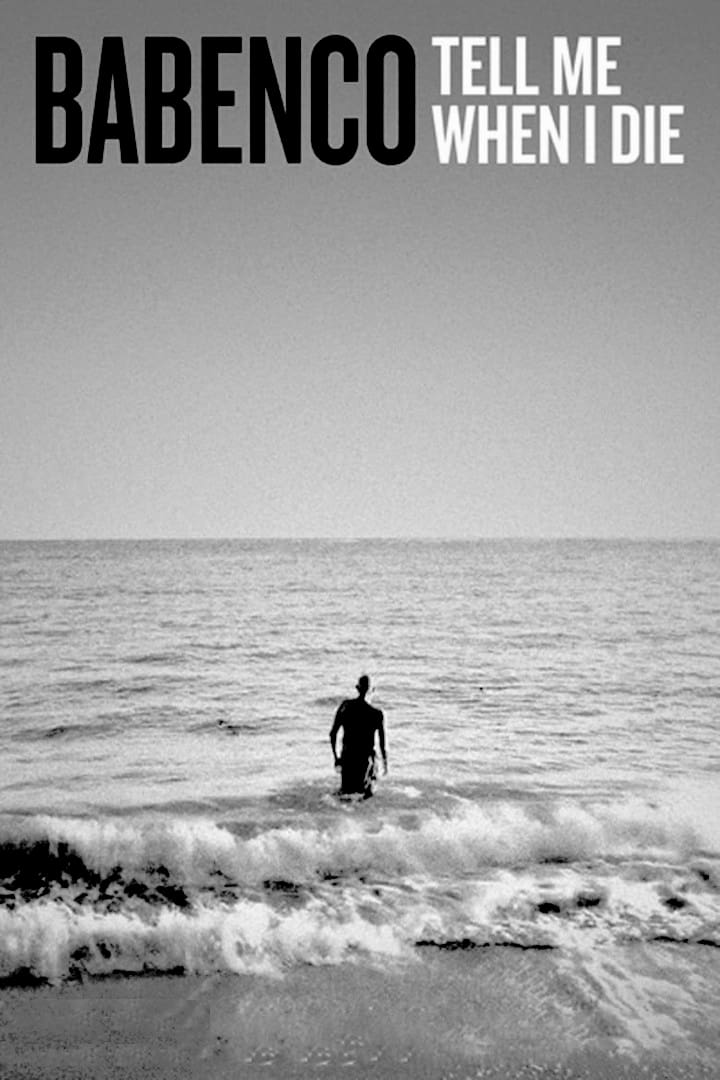
Besieged by cancer and nearing the end, the genius Argentine-Brazilian filmmaker Héctor Babenco (1946-2016) asks Bárbara Paz, his wife, for one last wish: to be the protagonist of his own death.
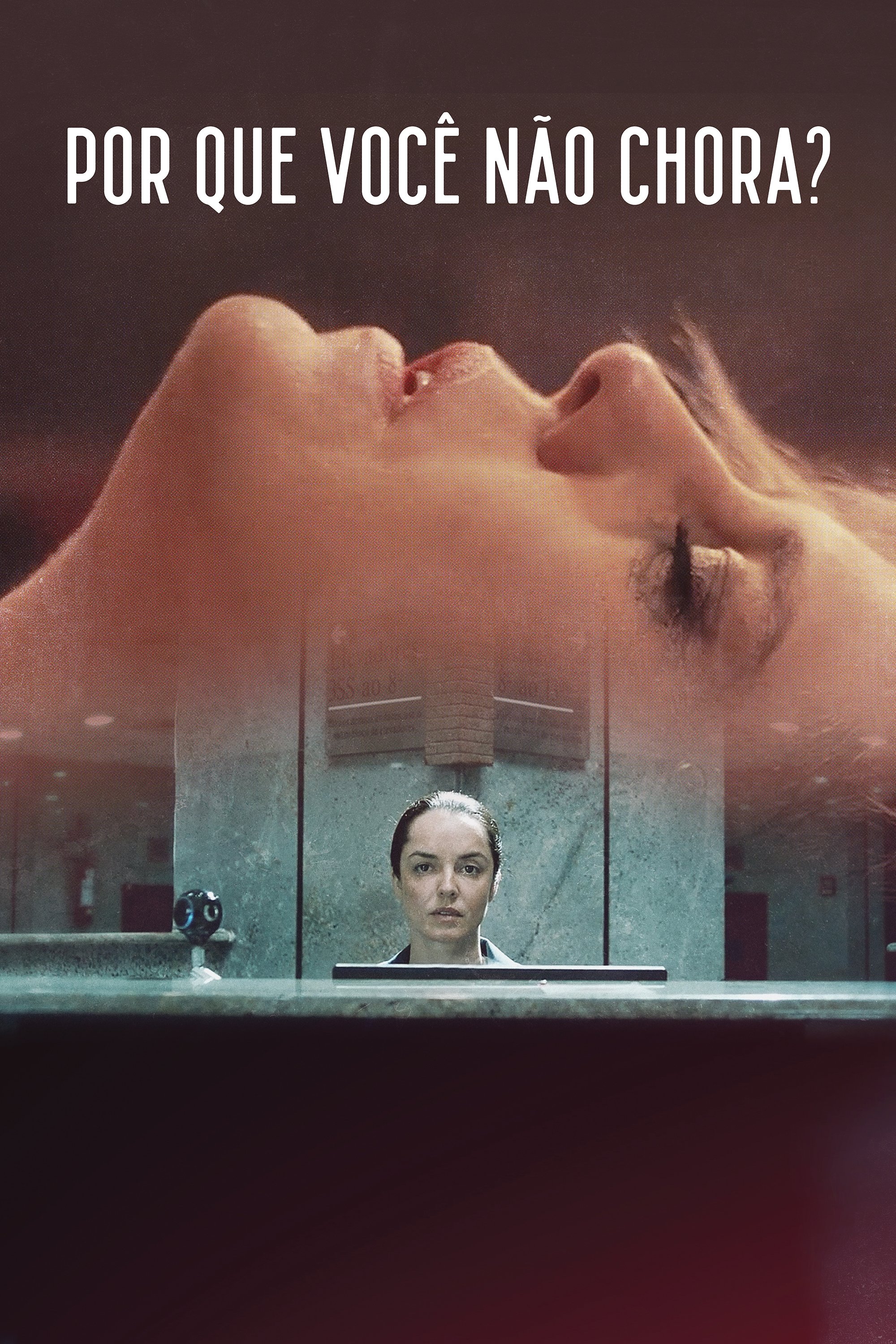
Strong and feminine, "Why don't you cry?" addresses the delicate topic of suicide. Jessica is very closed, Barbara is a time bomb. The two meet when, at the stage of the faculty of psychology, Jessica meets Barbara. The coexistence leads Jessica to question her empty and meaningless life.
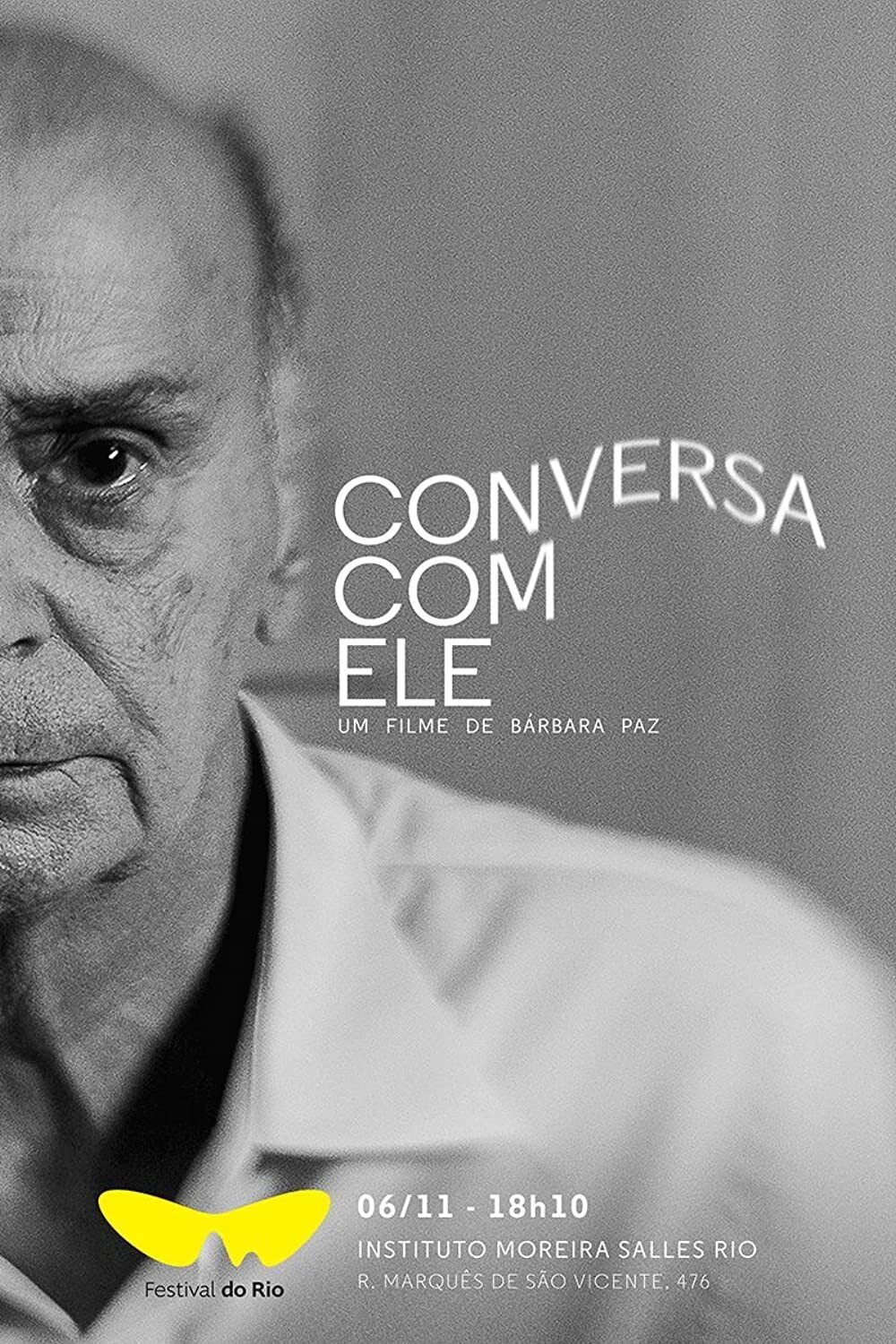
Dr. Drauzio Varella has a hypothetical conversation with his friend Hector Babenco, a filmmaker who died in 2016. The importance of friendship is addressed in the documentary based on the death of a friend — and shows the decrease in happiness and the irreplaceable void left by this game.

After her marriage becomes a nightmare, the humble small town girl Clara is committed to a psychiatric hospital and prevented from seeing her son growing up. It was all a scheme by her manipulative mother-in-law, who wants to seize her lands and explore their emerald mines. Betrayed and humiliated, Clara bounces back and returns ten years later as a powerful and wealthy woman. Even thirsty for revenge and justice, she never loses her softness to win back her son's trust and maybe find a new love.
Bárbara Paz is a Brazilian non-binary actress , director and producer. Biography Bárbara Raquel Paz was born in Campo Bom , in the Metropolitan Region of Porto Alegre. The youngest of four sisters, at the age of six she lost her father, who was a politician in the city. Her mother had consequences after giving birth to Bárbara and died after seventeen years on hemodialysis . At the age of nine, Bárbara started working, as her father's death caused the family to experience financial difficulties. She started painting plaster sculptures and selling them in the town square, to help buy medicine for her mother. As a teenager, she decided to get her work permit and started working in a shoe factory, where she stayed for two months. She went back to studying in the morning and working in the afternoon, this time in a boutique, where she stayed for two years. She then joined an advertising agency , where she did her first modeling jobs . After her mother's death in May 1992, Bárbara found herself alone. Only she and her mother lived in the small house, as her sisters had already gotten married. Suffering with memories at home, she didn't want to stay there alone, and in her city there were no prospects for a good future. The following month, she took the money she had saved, and went to live in São Paulo , with some friends, willing to share the rent on an apartment, and try a career in modeling or acting. As soon as she arrived in the city, she got a job as a secretary at a university and took an acting course at the Macunaíma Theater School. Looking for a job in the fashion area, after passing the photography and runway tests, she managed to get agencies to give her some placements, and she modeled for magazines, participated in fashion editorials and exhibition fairs. In December of the same year, six months after arriving in the capital of São Paulo, he traveled south to spend the end of the year festivities. On Christmas Day, Bárbara and some friends were in a serious car accident after drinking. They hit a tree shortly after leaving the house where they were gathered. She had a major facial trauma that required 400 stitches . Afterwards, she returned to São Paulo but, with the scars left by the accident, she abandoned her modeling career and locked herself up at home. After recovering, she would resume her career. She then decided to study theater at the Antunes Filho Theater Research Center and from there she joined the group Parlapatões
By browsing this website, you accept our cookies policy.